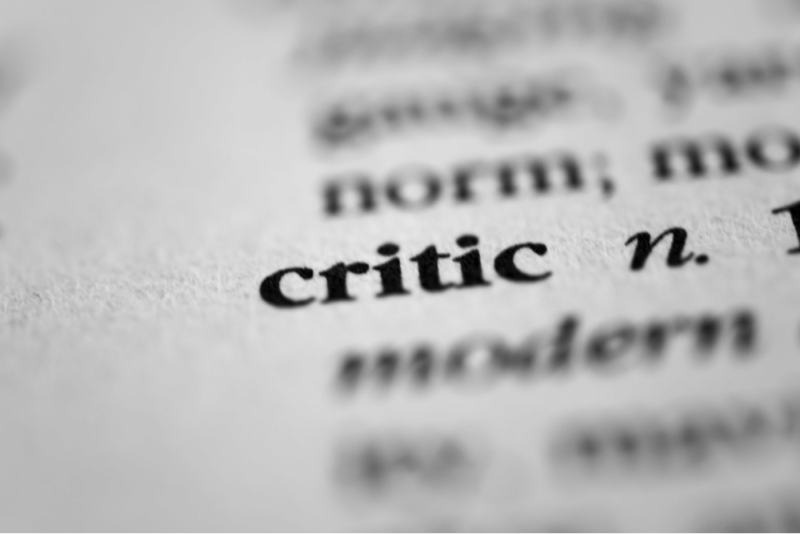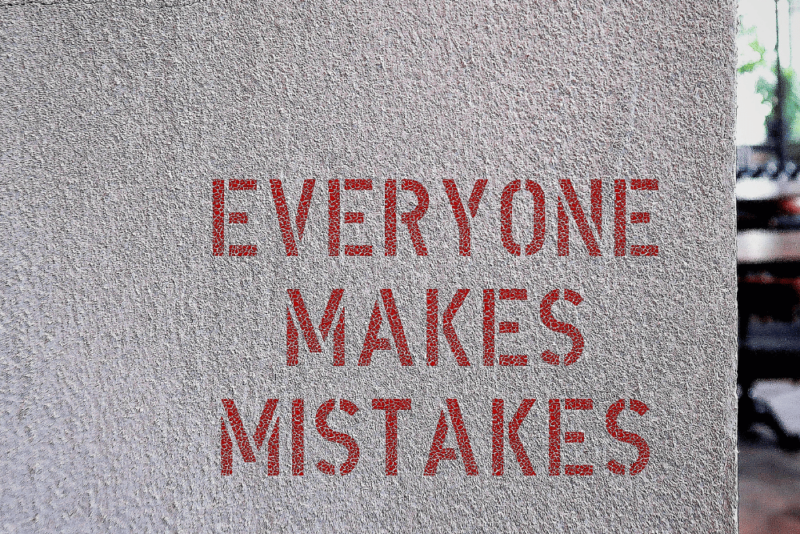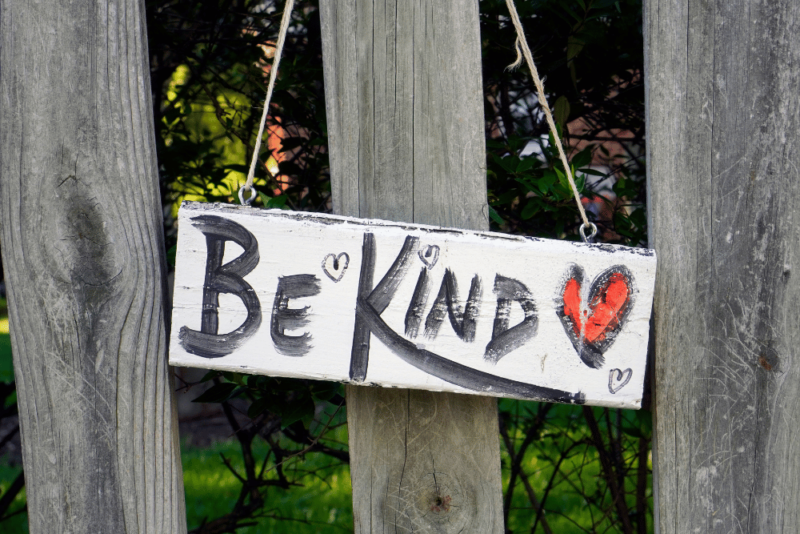
Disordered eating — and eating disorders — know no boundaries. No one’s immune because they can claim a specific gender, age, body weight, income level, education level, skin color or ethnic/cultural affiliation. Disordered eating is an equal opportunity offender, even if it’s less likely to be recognized in people who don’t fit the stereotype of young, white, female, thin, cis-hetero and middle-to-upper class.
Unfortunately, disordered eating and eating disorders are also on the rise, and the stress and uncertainty of the COVID pandemic accelerated that rise. It’s too soon to know for sure, but I suspect that the continuing political uncertainty, coupled with threats to the bodily autonomy of women and queer and trans folks, will continue to fan the flames of disordered eating.
All of that said, it’s important for researchers and clinicians such as myself to keep asking questions about how we can protect ourselves and others from the pit of vipers that is disordered eating. How can we prevent falling in at all? How can we pull ourselves out before the damage to physical, emotional and mental health is too severe?
A recent meta-analysis of 135 studies sought to provide an answer to that question by looking at the associations between disordered eating, self-criticism and self-compassion. Spoiler: being more self-critical is associated with having more disordered eating and less self-compassion. Let’s look at this more closely.

The double whammy of perfectionism and self-criticism
Self-compassion is about treating yourself with kindness, care, and concern during life struggles or when confronting personal inadequacies, mistakes, and failures. Self-criticism is to treat yourself negatively, to pile on by blaming yourself when you make a mistake, to consider it a further failure if you dare to be struggling with something.
The tendency to be self-critical may increase your susceptibility to mental health problems and help maintain those problems once they’ve developed. Evidence has established that self-criticism is a risk factor for depression, anxiety, post-traumatic stress, and many facets of disordered eating, including food restriction, purging behaviors, and excessive exercise.
Self-criticism may harm your relationships with friends and family. It may also exist in tandem with low-self-esteem and perfectionism, in sort of a “chicken-or-the-egg” situation.
If you struggle with self-critical perfectionism — when you’re overly critical of yourself and are perpetually concerned that others are critical of you — you may be especially at risk of binge eating, restrictive dieting and body dissatisfaction.
Many people find it difficult to cultivate self-compassion, because they think it’s silly and fluffy, or a little too woo-woo — even if they have no trouble showing compassion to other people. But if you struggle with self-critical perfectionism, developing self-compassion will feel even harder, because you fear that if you are too compassionate, too kind, to yourself, you’ll have no chance to live up to the standards that might — just might — make you worthy and acceptable enough to avoid your own self-criticism and the (mostly imagined) criticism of others.
Ironically, it’s self-compassion that can protect you from the hamster wheel of perfectionism and soothe the sting of criticism. Self-critical perfectionism is a losing game, because you will always be upping the ante on yourself. You will never reach the point where you feel like you’ve done enough, that you are enough.
If you’re thinking that self-compassion is the opposite of self-criticism, you’re partially right, but it’s really more nuanced than that. Self-compassion encompasses mindfulness, self-kindness and common humanity. The opposite of that is over-identification (with negative thoughts and feelings), self-judgement and isolation.

Why self-compassion?
Even though self-criticism and self-compassion aren’t two sides of the same coin, there’s a lot of solid research demonstrating that when we strengthen our self-compassion muscle, we do experience less self-criticism.
Having higher levels of self-compassion also helps us be more resilient to stress (helpful generally, but especially in troubling times) and improves cognitive and psychological well-being. Higher self-compassion is also associated with lower levels of negative body image and higher levels of positive body image, along with less disordered eating.
So if you are like, “Yep, I am a self-critical perfectionist,” and you struggle with disordered eating and negative body image, the idea isn’t to work directly on being less self-critical — it’s to work on building self-compassion.
If your first reaction is, “I’m not worthy of compassion” I would say that this is a red flag, or a canary in a coal mine. Because you ARE worthy of compassion. We are ALL worthy of compassion. That’s the “common humanity” piece of self-compassion: we are all human, we are all fallible, we all make mistakes, we all struggle or suffer in ways big or small.
Your struggles or your mistakes may be bigger or smaller than the next person’s but you are both equally WORTHY of compassion and self-compassion.
And if you’re next reaction is, “But I HAVE to be perfect,” then that’s another red flag. Again, we are humans, we are not perfect…so why do you feel that you are different? Why are you upholding yourself to a harsher standard? The alternative to striving for perfection isn’t adopting a screw it all approach to life. There is a middle ground of trying to do our best in a reasonable way that doesn’t eat at our physical or mental health.
(I do realize that walking the middle path feels HARD if you’re prone to black-or-white, all-or-nothing thinking. So if this is something you really struggle with, this would be a good thing to bring to a therapist.)

Inviting self-compassion in
I want to restate that trying to reduce self-criticism does not itself increase self-compassion. That’s similar to how reducing negative body image does not itself increase positive body image. While it can be helpful to gently challenge self-critical thoughts, if you want more of the good (self-compassion) in your life, you need to actively invite it in and practice on building those skills.
I’ve written about self-compassion numerous times (because it’s important!) and links to those articles are below. Also, here are my favorite I’ve written about self-compassion numerous times (because it’s important!) and links to those articles are below. Also, here are my favorite self-compassion resources, the ones I use myself and share all the time:
- “Self-Compassion: The Proven Power of Being Kind to Yourself,” and “Fierce Self-Compassion: How Women Can Harness Kindness to Speak Up, Claim Their Power, and Thrive,” both by Kristen Neff
- “The Mindful Path to Self-Compassion: Freeing Yourself From Destructive Thoughts and Emotions” by Christopher Germer.
- “The Mindful Self-Compassion Workbook: A Proven Way to Accept Yourself, Build Inner Strength, and Thrive” by both Neff and Germer.
- Neff’s website Self-Compassion.
- The Center for Mindful Self-Compassion), started by Neff and Germer.
Also, there have been some excellent episodes on self-compassion on the Ten Percent Happier podcast:
- Self-Compassion Ain’t Always Soft | Kristin Neff
- Kryptonite for the Inner Critic | Kristin Neff
- The Ultimate New Year’s Resolution | Susan Piver and Jeff Warren
- The Scientific Case for Self-Compassion | Chris Germer
- Rewire How You Talk To Yourself | Ofosu Jones-Quartey
- The Voice in Your Head | Ethan Kross
- You Are Not a Sh*tty Person | Carla Naumburg
Related Posts
- Why is self-compassion important? Because it’s not all rainbows and kittens.
- How to tell if your diet is really disordered eating
- How can self-compassion help ease body dissatisfaction?
- The futility and peril of food and body shame
- How to deal with a body image downward spiral
- Want to be healthier in 2023? Fire your inner drill sergeant
- Meeting resistance with compassion as a path to growth
- Why perfectionism is the enemy of progress — and well-being
This post contains Amazon Affiliate links. As an Amazon Associate I earn from qualifying purchases.
Disclaimer: All information provided here is of a general nature and is furnished only for educational purposes. This information is not to be taken as medical or other health advice pertaining to an individual’s specific health or medical condition. You agree that the use of this information is at your own risk.
Hi, I’m Carrie Dennett, MPH, RDN, a weight-inclusive registered dietitian, nutrition therapist and body image counselor. I offer compassionate, individualized care for adults of all ages, shapes, sizes and genders who want to break free from eating disorders, disordered eating or chronic dieting. If you need to learn how to manage IBS symptoms with food, or improve your nutrition and lifestyle habits to help manage a current health concern or simply support your overall health and well-being, I help people with that, too.
Need 1-on-1 help for your nutrition, eating, or body image concerns? Schedule a free 20-minute Discovery Call to talk about how I can help you and explore if we’re a good fit! I’m in-network with Regence BCBS, FirstChoice Health and Providence Health Plan, and can bill Blue Cross and/or Blue Shield insurances in many states. If I don’t take your insurance, I can help you seek reimbursement on your own. To learn more, explore my insurance and services areas page.
 Print This Post
Print This Post






